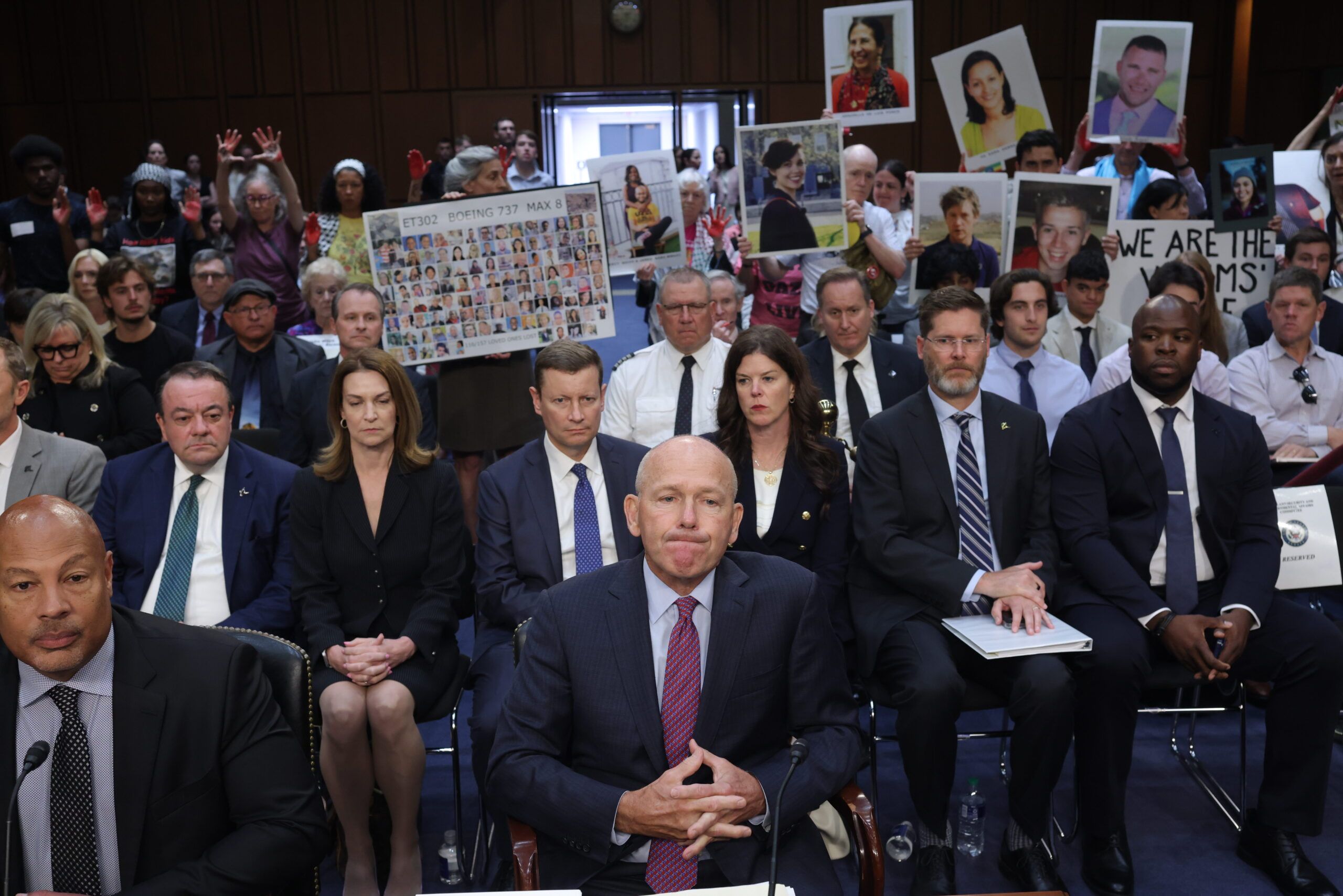

Boeing could avoid criminal prosecution for the second time in relation to problems found in the 737 Max 8 model, which was involved in two deadly plane crashes in 2018 and 2019.
By the end of June, the Department of Justice will decide whether or not to extend another deferred prosecution agreement to the company. This will impose monitoring and compliance obligations on Boeing and will likely lead Boeing to appoint a federal monitor to oversee the safety program.
If the DOJ decides to appoint a federal monitor, it reveals the department’s distrust in the Federal Aviation Administration’s oversight of Boeing, according to Mark Lindquist, lawyer for the families of the victims of the Max 8 crashes. The agency didn’t ground the 737 Max 8 after the first crash in Indonesia in 2018, killing 189 people, instead making that decision in 2019 after a second crash in Ethiopia, which killed all 157 passengers onboard. Mike Whitaker, FAA administrator, said during a Senate hearing this month that the agency was too laissez-faire in its oversight of Boeing.
The DOJ briefed family members of the victims killed in both crashes that it would most likely not pursue criminal charges since a guilty conviction seemed unlikely.
In 2021, Boeing reached a settlement with the DOJ in which the aircraft company would set up and maintain a program to detect and prevent violations of U.S. anti-fraud laws. The settlement was reached after Boeing admitted in court that two employees had misled federal air safety regulars about a faulty part in both crashes.
However, the company failed to follow the terms of that 2021 deferred prosecution agreement, prompting the DOJ to revisit criminal charges.
CLICK HERE TO READ MORE FROM THE WASHINGTON EXAMINER
“Normally, if a criminal defendant received a sweetheart plea bargain and then violated the conditions of the deal, DOJ would bring the hammer down hard,” Lindquist told the New York Times. “No other criminal defendant would ever receive a second deferred prosecution agreement.”
If criminal charges were to be pursued against Boeing, a guilty verdict would cost the company its government contracts, thus putting it at risk for bankruptcy.






